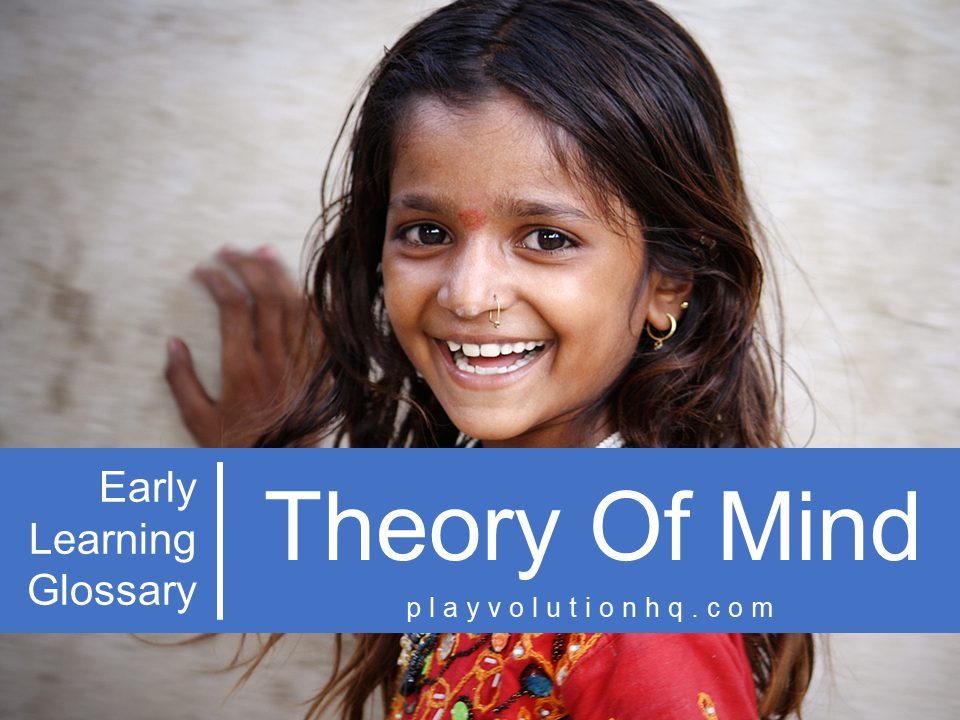
About Theory Of Mind
Theory of mind is the understanding that individuals have differing mental states, distinct from our own. A well-developed theory of mind enables us to predict and interpret the behavior of others, solve interpersonal conflicts, and hone social skills. Theory of mind involves thinking about thinking—our own and that of others.
Children are not born knowing that others possess unique desires, emotions, knowledge, intents, and beliefs separate from their own. As they develop, they begin to understand that what’s happening in their mind may be different from what’s happening in the minds of others. This allows them to develop theories of what others may want, feel, know, intend, or believe.
How Theory Of Mind Develops
Empirical studies indicate that before the age of 18 months, children show signs of sensing the feelings of others. By age 3, children have developed a more profound understanding of their desires and feelings. They are also adept at reading the facial expressions and moods of their caregivers, but they still presume that others see and experience the world as they do. By age 4, kids tend to be more aware of differences in how individuals think and feel. As they gain experience through social interaction, theory of mind continues to
develop. These skills are still developing in children 6-8 years old.
Research indicates that children develop the following theory of mind abilities in sequential order:
- The understanding that desires may differ from person to person
- The understanding that may have differing beliefs about the same thing or situation
- The understanding that people may not understand or know that something is true
- The understanding that people can hold false beliefs about the world
- The understanding that people can have hidden emotions or may mask their feelings
Supporting Theory Of Minds Development
Supporting the development of a child’s theory of mind isn’t complicated. There’s no need to run out and buy special gear or sign your toddler up for a class.
First, parents and caregivers can help by providing an environment full of authentic conversation. Some research suggests language plays a role in development of theory of mind. The day-to-day social interactions of family life offer bountiful opportunities to learn theory of mind.
Beyond that, children should have ample opportunity for self-directed play with peers. Play full of role-playing, decision-making, social engagement, negotiating, and opportunities to observe others in action.
Contribute content to Playvolution HQ
Brought to you by Explorations Early Learning
Thoughts On This Entry?
I’d love to hear your thoughts on improving this entry and suggestions for additional glossary additions in the comments below. You can also contact me with comments or concerns.
Browse Trainings
Post Author
Jeff Johnson is an early learning trainer, podcaster, and author who founded Explorations Early Learning, Playvolution HQ, and Play Haven.



Leave a Reply